I believe that, at the core of the term “GAS” (gear acquisition syndrome) lies the debate of "Limitation vs. Liberation”. To elaborate, there’s this agreed-upon thought in the world of art, that limitations bring out strengths of the artist and help shape their artistic “style”.
Franz Kline who was a great American painter, famously used house paint for his work. He enjoyed how inexpensive, accessible, runny, inconsistent and “crass” it is, compared to artists paint. He got so used to using house paint, that when he was offered free artists paint later in his career he rejected it and replaced it back to the house paint he was so used to using.
Franz Kline
Franz Kline, “King Oliver”, 1958
(Note: I was aware of Kline’s black and white work, but discovered his color work while writing this post. And… I can’t get over how beautiful this piece is so I had to include it)
Not limited to Franz Kline, but great painters, after a great degree of exploration, often end up sticking to an extremely specific set of tools. Hans Hartung used gardening tools for his action paintings, as it brought the energy and spontaneity in his strokes.
Hans Hartung
Georgui Pinkhassov, one of my favorite photographers, started his career using a Russian camera and lens that was essentially a Leica copy. He mostly uses Kodak positive film at 200 ASA. And he stuck to that formula for quite a while, from what I’m aware of.
And this is perhaps where things get interesting.
Although Pinkhassov was known for using rangefinders and fixed lenses, after the digital revolution, he shifted to using a formula of DSLRs/Mirrorless cameras + zoom lenses. From the information I have, he currently uses a Sony A9 and mainly the 24-240 zoom lens on P or A mode. In his words, the all-automatic settings allow the photographer to “liberate the mind and concentrated on capturing what the eye and mind see”. And now we have a stark, start contrast to the idea of “limitation”… This is pure “liberation”.
Pinkhassov, Paris, 1997
Pinkhassov, Seoul, 2015
It would be a lie to say gear doesn’t matter. Because it matters, in the sense that it absolutely affects the way you approach photography. It doesn’t matter- in the sense that you and I are still shitty photographers.
There’s a more free-form haphazardness to Pinkhassov’s recent images with the 24-240 on the Sony, and it shows. The possibilities with a fast-autofocusing, 24-240, by a camera that produces detailed, all-you-can-edit RAW files is unimaginable. But some people may still like the more well-composed images of his earlier days with film.
Pinkhassov isn’t the only photographer that has changed his approach entirely. Harry Gruyaert also uses a Canon DSLR/Mirrorless with a zoom lens, which is again, different from his previous approach to using Leicas and primes.
From my own perspective, I’m perhaps reflecting on this concept since I’ve recently been in a gear crisis. I look at the past work of legendary photographers and idolize the prime lens + 1 film-type process to photography, and adore the outcome. On the other hand, I resonate more with the values that forward thinking artists have had within the photography/videography space, whether it being Pinkhassov, Tarkovsky, or David Lynch (Tarkovsky and Lynch both used zoom lenses in their cinematography).
To add, I’ve gone through several years each, of sticking to a rangefinder + 35mm or 28mm lens, and then shooting mainly on zooms. And I’ve adored both lives. What I don’t adore, is the abundance of options.
Reflecting deeply on this notion of “limitation vs. liberation” made me realize, this is not only applicable in the world of art or photography. It is more of a general life value. Having too many choices in our everyday lives hinder our core values and deplete our most treasured resource which is time… But at the same time, you don’t really want to live as a broke artist.
Or maybe we do. Let’s forget it and go out and shoot, I guess.


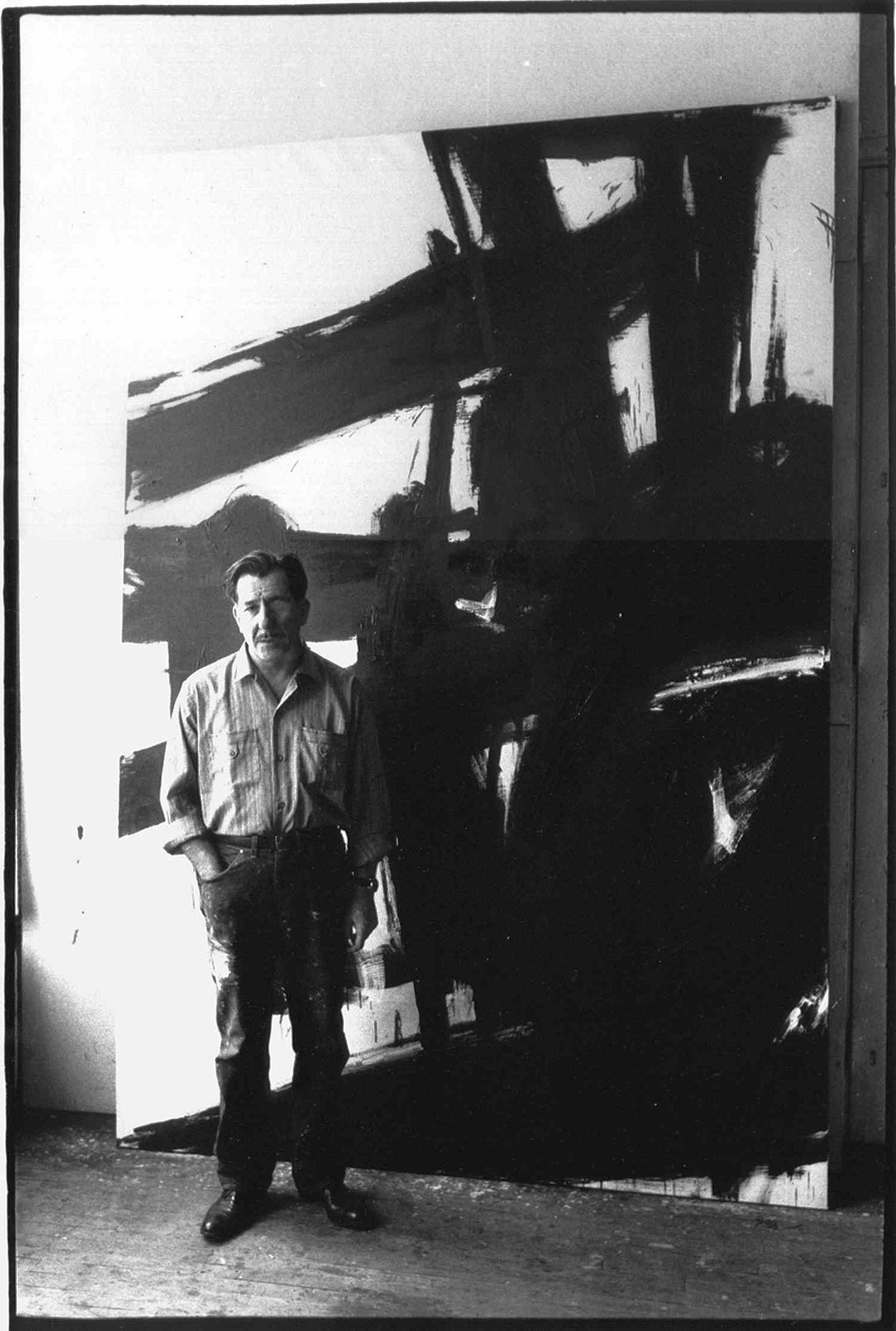

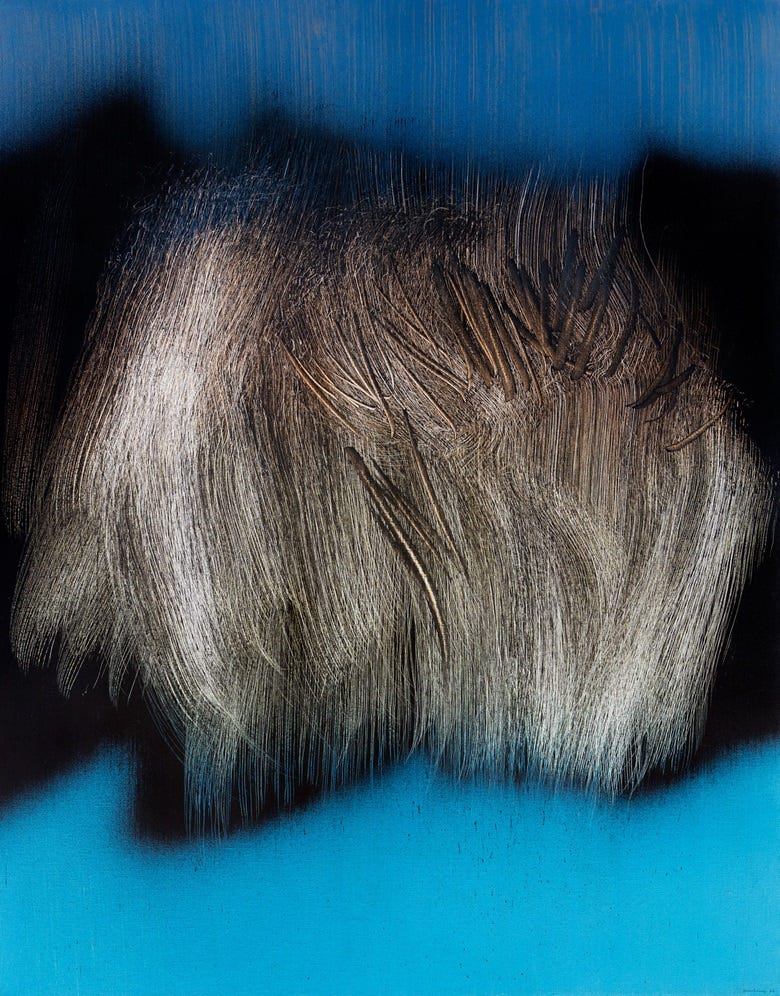
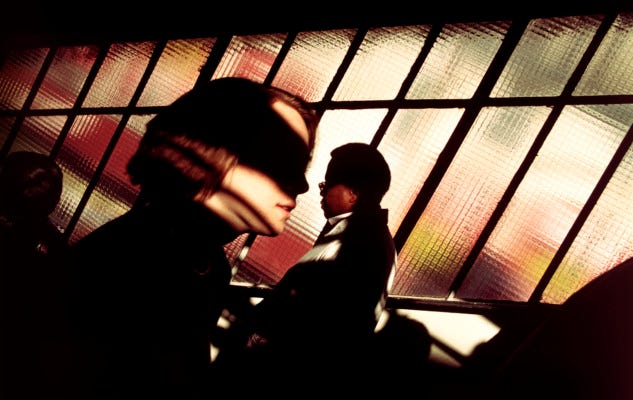
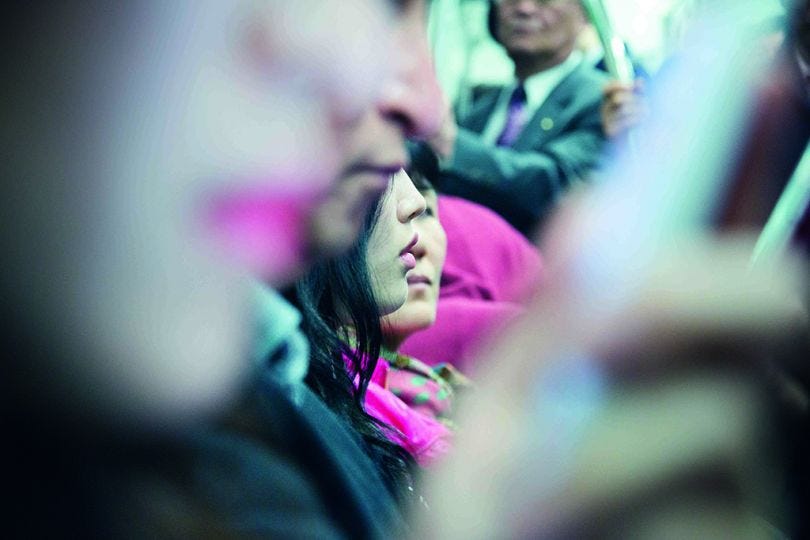
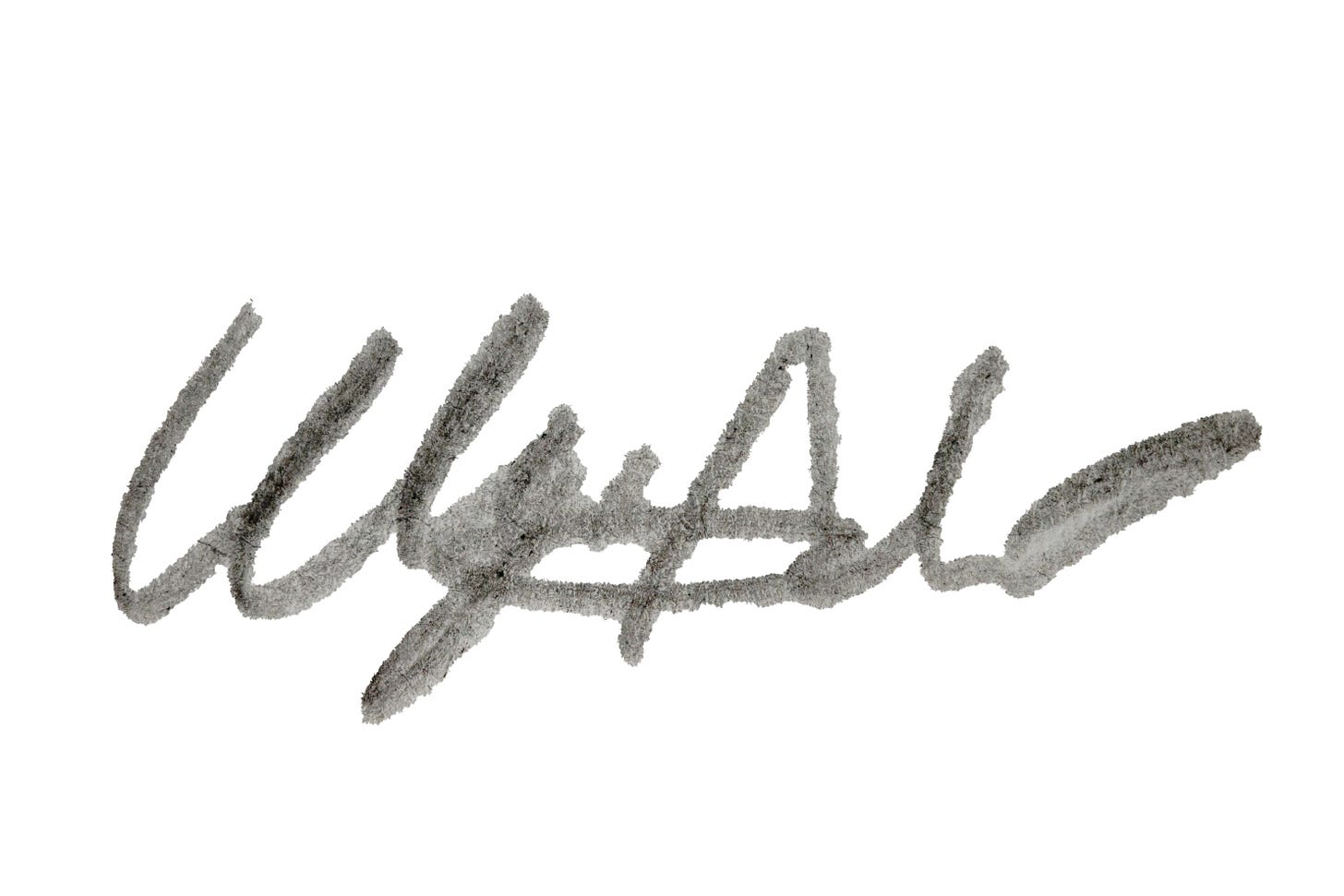
Nice piece, it's great to find new photographers and artists that I wasn't aware of.
I think that having restraints and limitations pushes us as creatives to focus more on what matters on our practice. I don't think writers worry too much about how a pen or a key on a keyboard feels if you know what I mean. We photographers are a funny bunch.
Great write up! And thank you for introducing me to Pinkhassov’s work.